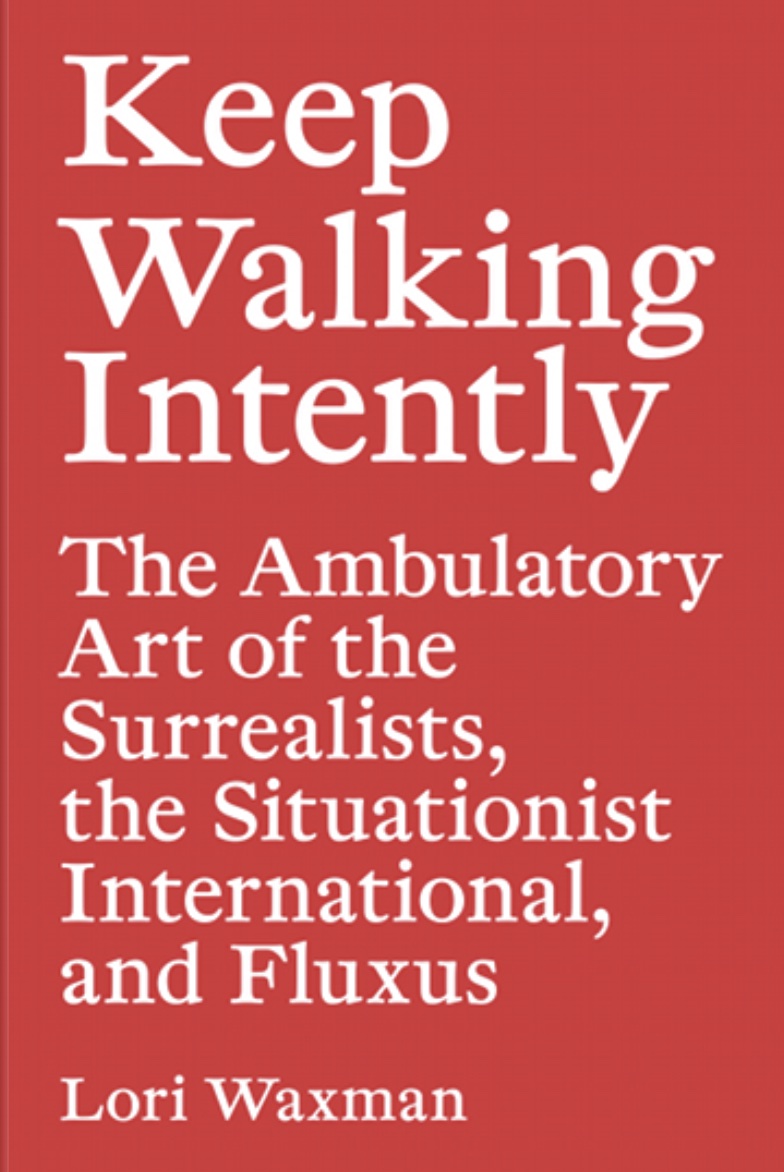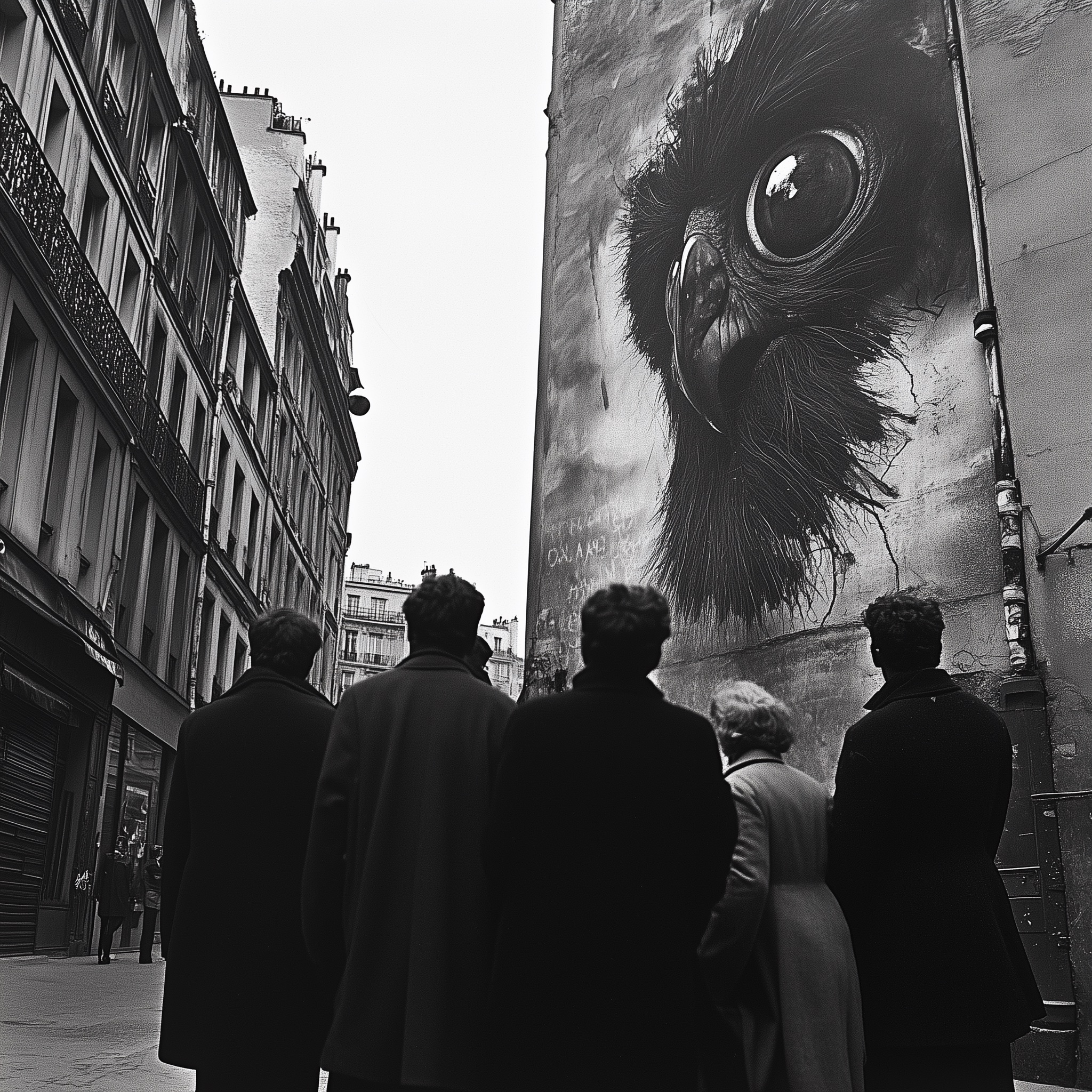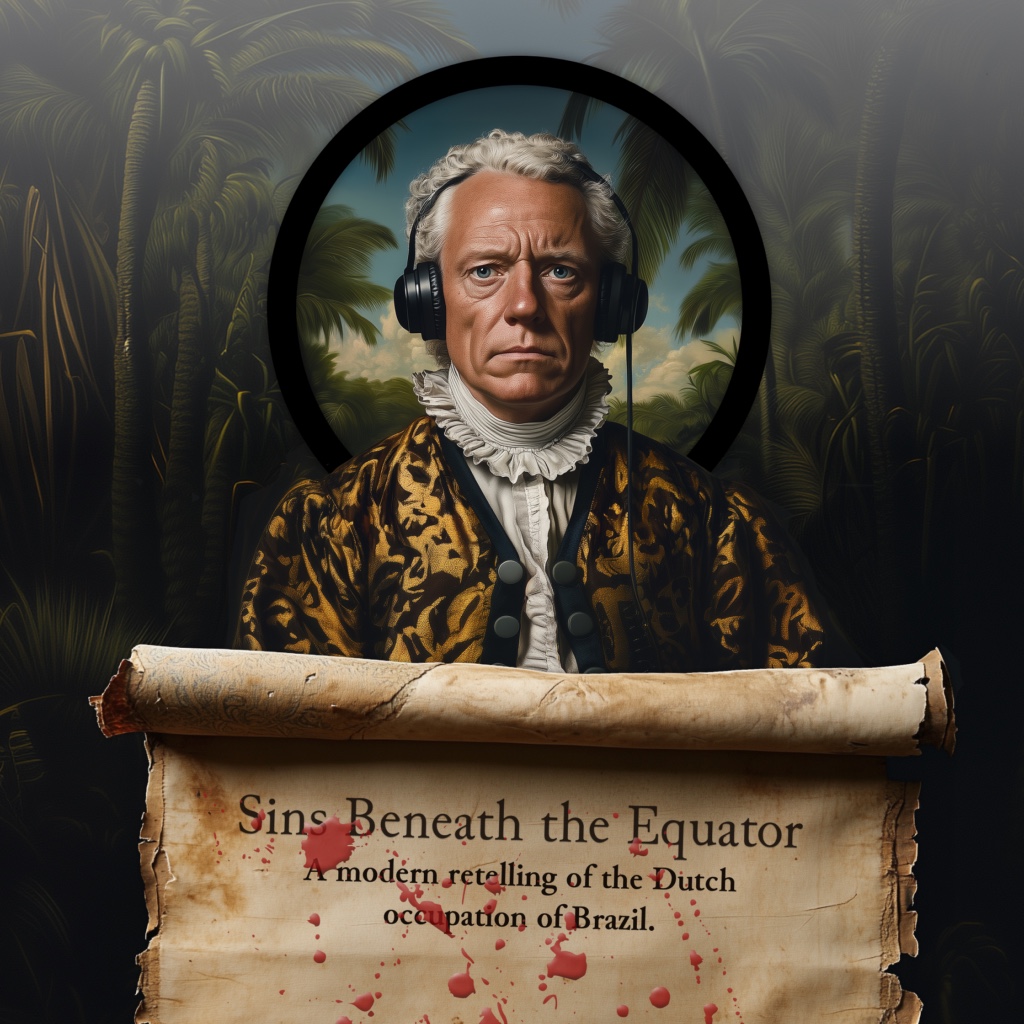
Meet the authors who are writing about walking and the landscapes through which we walk, at Walking Writers Salons. We are delighted to welcome art critic and historian Lori Waxman who will be talking with Babak Fakhamzadeh about her book Keep Walking Intently, a seminal history of walking art in the Twentieth century.
Lead art critic at the Chicago Tribune, Lori Waxman has a keen eye for what is art and what is not. In Keep Walking Intently, she casts a critical eye on walking as an art form, and how its roots stem from the initiatives of Parisian political art activists of the early twentieth century, and how their intervention influenced subsequent key art movements, including the Situationists and Fluxus.
Babak Fakhamzadeh has long held a fascination for the the work of the Situationists, and is the co-developer of the ever-popular Dérive app, often used by students studying art history under the tutelage of Lori Waxman at the School of the Art Institute in Chicago.
Walking Writers Salons are hour-long events in which you will get to meet a Walking Writer and learn from them how they weave writing and walking, and how they interpret their surroundings. Each Salon will include a discussion with the author, inviting questions from the audience, and may include a multiple choice quiz or other amusing challenge, in which a winner will receive a prize.
Related

Keep Walking Intently: The Ambulatory Art of the Surrealists, the Situationist International, and Fluxus
Walking, that most basic of human actions, was transformed in the twentieth century by Surrealism, the Situationist International, and Fluxus into a tactic for revolutionizing everyday life. Each group chose locations in the urban landscape as sites—from the flea markets and bars of Paris to the sidewalks of New York—and ambulation as the essential gesture. Keep

A history of walking art
Next Tuesday, February 11, we have Lori Waxman as a guest in our next Walking Writers Salon, where Lori and I discuss her book Keep Walking Intently, on the ambulatory art of the Surrealists, the Situationist International, and Fluxus. To whet your appetite, and to prepare you for our discussion, here's an overview of Lori's excellent book.

Cyclogeography: Journeys of a London Bicycle Courier
Cyclogeography is about the bicycle in the cultural imagination and also a portrait of London as seen from the saddle. In the great tradition of the psychogeographers, Jon Day attempts to depart from the map and reclaim the streets of the city. Informed by several grinding years spent as a bicycle courier, he lifts the lid





One thought on “Keep Walking Intently”